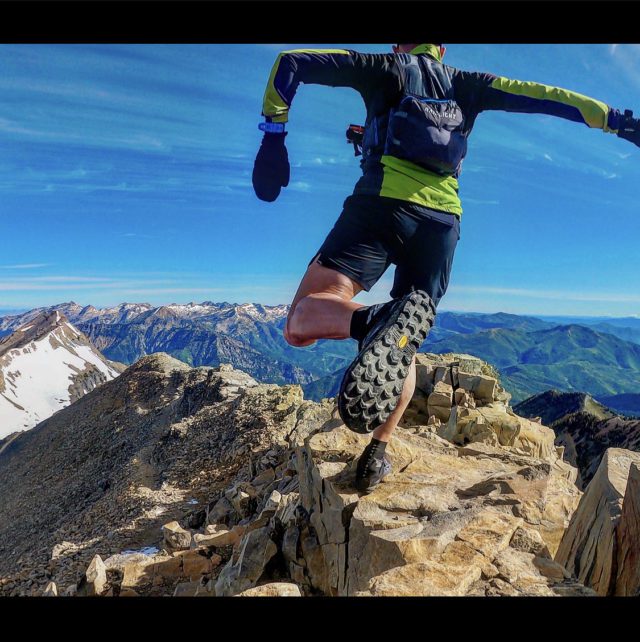
Oftentimes we hear of ultra distance athletes popping NSAIDs like skittles.
NSAIDs (ibuprofen, advil, motrin, high-dose asprin and aleve) have two side effects that create extra risk while physically exerting for long periods of time (over 2-3 hours):
- Our kidneys are a filter. NSAIDs cause constriction of the artery that takes blood to your kidneys. The farther you run, the more your kidneys have to filter out muscle breakdown products. If there isn’t enough blood going through them, the filter gets clogged. So if you’re already lower on blood (dehydrated) and then also running really far for what your body is used to, you’re at risk for clogging the filter. If the clog gets bad enough, your kidneys stop filtering, which can lead to kidney failure. What’s the sign? Very dark pee. You should sit and try to hydrate. If the effort to hydrate results in puke, it’s time for the hospital. If you’re hydrating but still not peeing, go to the hospital.
- NSAIDs also increase stomach acid production. If you’re not eating very much solid food for many hours during an ultra event, the acid can damage your stomach lining. Enough damage causes bleeding. We cannot digest raw human blood, so you’ll throw up, badly. It will look similar to course ground coffee that is purplish-brown.
P.S. Acetaminophen (Tylenol) is not a NSAID and is actually a mild and immediate acting antidepressant. It causes a mild sense of well being, which makes pain seem less bothersome. Too much in general (more than 1000mg every 5-6 hours- read the bottle) can damage your liver. This involved glutathione. But running far and dehydration aren’t part of that, so it’s okay IN MODERATION.

